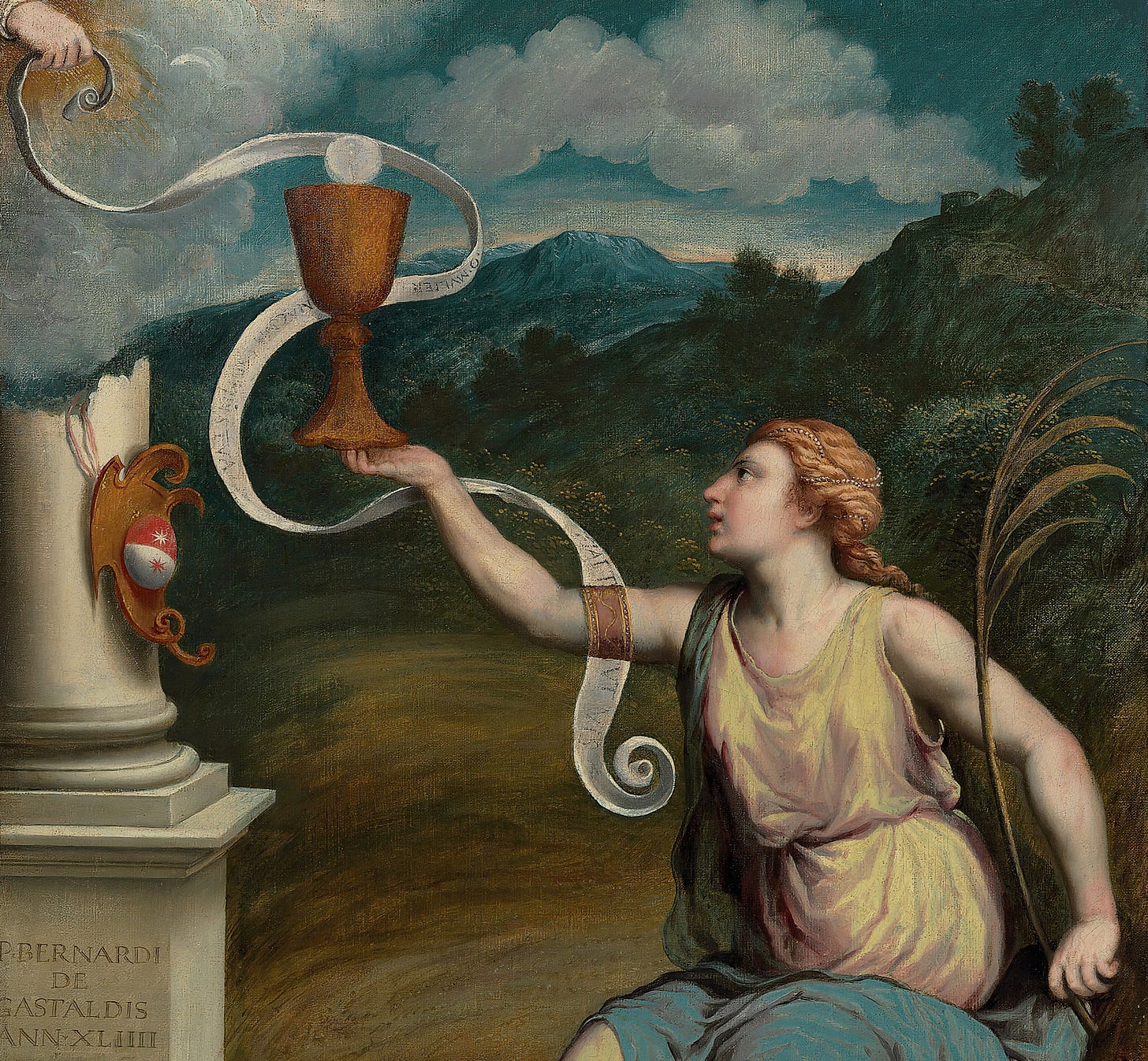Can the Faithful Do Power Politics?
It only seems like a weird question if you don’t fully appreciate what politics is.
My friend was driving me to the airport this weekend in the middle of tropical storm Ophelia. As it does on such occasions, our conversation turned to the question of ultimate meaning.
We have been arguing about the same thing for many months now: how to think about what the liberal worldview gets wrong about the world. I tend to come down hard on liber…




